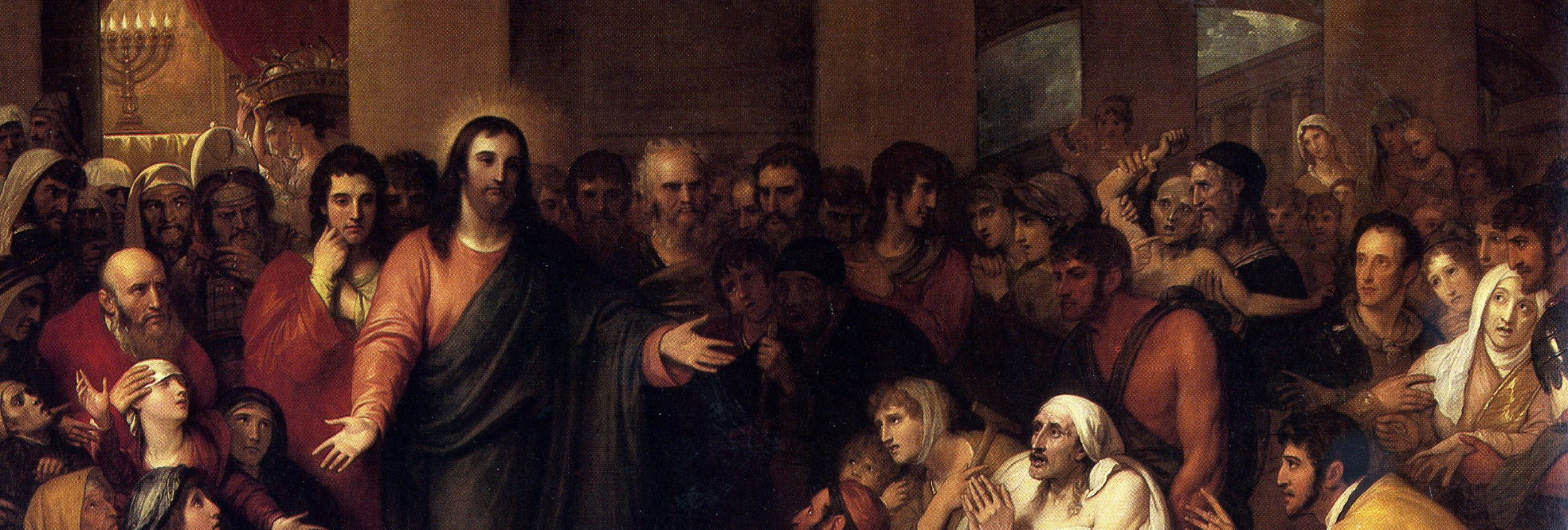Consider the following passages in Sacred Scripture:
Colossians 1:13-14: He has delivered us from the dominion of darkness and transferred us to the kingdom of his beloved Son, in whom we have redemption, the forgiveness of sins.
James 4:7-8, 10: Submit yourselves therefore to God. Resist the devil and he will flee from you. Draw near to God and he will draw near to you. Cleanse your hands, you sinners, and purify your hearts, you men of double mind…Humble yourselves before the Lord and he will exalt you.
Luke 9:11: When the crowds learned it, they followed him; and he welcomed them and spoked to them of the kingdom of God, and cured those who had need of healing.
From The Catechism of the Catholic Church par. 1484: “Individual, integral confession and absolution remain the only ordinary way for the faithful to reconcile themselves with God and the Church, unless physical or moral impossibility excuses from this kind of confession.”(Rite of Penance, 31) There are profound reasons for this. Christ is at work in each of the sacraments. He personally addresses every sinner: “My son, your sins are forgiven.” (Mk 2:5) He is the physician tending each one of the sick who need him to cure them. (cf. Mk 2:17) He raises them up and reintegrates them into fraternal communion. Personal confession is thus the form most expressive of reconciliation with God and with the Church.
Below are various aspects of this ministry.
